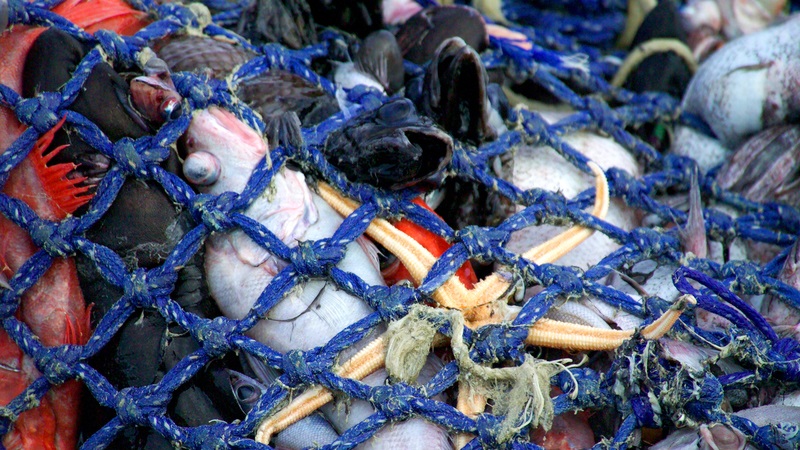A draft EU biodiversity plan has shown that EU countries will be required to reduce the harmful impacts of fishing on sensitive species and their habitats.
One of the flagship measures of the “EU Action Plan to protect and restore marine ecosystems for sustainable and resilient fisheries” which is expected to be released in the first quarter of 2023 by the European Commission is to halt the destructive impacts of bottom trawling, a method of fishing that involves dragging heavily weighted nets across the sea floor in an effort to catch fish.
According to reports, this fishing method stirs up greenhouse gases from the seabed, much of which escapes into the water and up into the atmosphere which contributes to climate change.
A 2021 study found that six European Union countries were among the ten global nations with the largest bottom-trawling emissions inside their exclusive economic zone.
Read also: NGX lists Nigeria’s first carbon-mitigating mutual fund for trading
Under the draft plan, bottom trawling would be banned in Marine Protected Areas (MPAs) by 2030 but would still be allowed outside of those and deep-sea trawling at depths greater than 800 meters was already banned across the EU in 2016, albeit with some exceptions.
The action plan was first mentioned in the Commission’s Biodiversity Strategy for 2030 as a way to protect nature and reverse biodiversity loss. It was initially expected in 2021 but was delayed several times after a public consultation revealed strong opposition from the fishing industry.
Europêche, an industry group, said it was “appalled” by the Commission’s assertion that bottom-contacting fishing gear was the most damaging activity to the seabed.
The commission’s strategy said: “By its very nature, mobile bottom fishing is among the least selective fishing methods and produces disproportionate amounts of unwanted cash and discards”.
But the industry association said in a response to a public consultation: “Dragging a fishing net through the water column or along the seafloor can be unsustainable if done so irresponsibly. But with proper management and careful placement, trawling can be very sustainable”.
The draft plan warns that the European fisheries sector faces “existential threats” posed by climate change and biodiversity loss. It underlines that only a healthy marine environment will guarantee a prosperous future for fisheries communities.
Story was adapted from Climate Home News.
